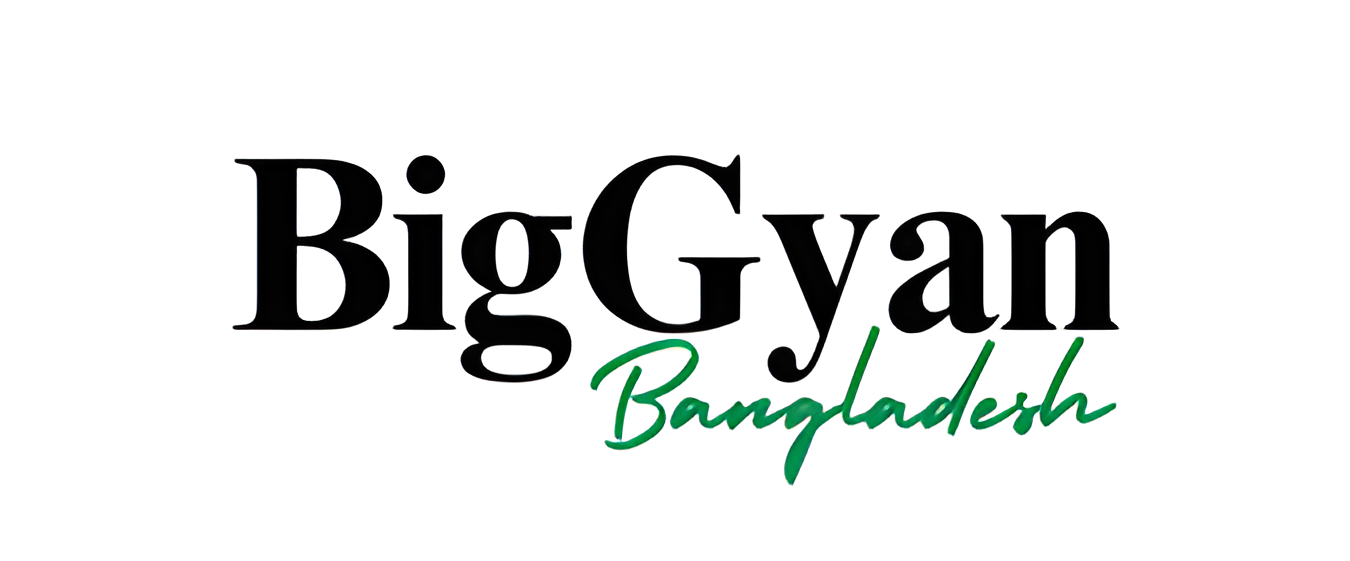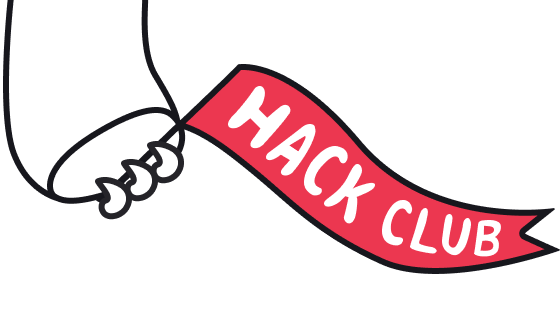In today’s rapidly evolving digital world, Bangladesh needs more than technical infrastructure—it needs a vibrant, student‑driven innovation culture. Hack Club, a global nonprofit network of high-school coding clubs led by students themselves, offers precisely that.
It’s deeply disheartening that a country as full of potential as Bangladesh still lacks a vibrant, student-led movement like Hack Club. While thousands of passionate, tech-curious teens across the nation dream of building apps, games, and startups, they remain disconnected—lacking a community that empowers them to create, collaborate, and lead. Without Hack Club, so many ideas go unrealized, so much energy untapped, and a generation of builders is left waiting for the chance to truly shine.
Here’s why its expansion in Bangladesh makes enormous sense:
1. Empowering Youth with Creative, Project‑Based Learning
Hack Club is a student-led initiative where high‑schoolers learn by building real projects, collaborating with peers, and even running local events. It’s distinct from rote-based computer instruction: students start clubs, manage workshops, and develop confidence as creators, not consumers. Such a model bridges a major gap in Bangladesh’s traditional education, which often emphasizes memorization over creativity.
2. Filling the Gaps in Bangladesh’s Existing ICT Ecosystem
While national initiatives like Code Club Bangladesh and public library programs have introduced coding to children aged 9–13, these programs are typically adult-driven and aimed at younger learners.
Hack Club, by contrast, targets high-school students (ages ~12–18), elevating their learning to more advanced, team-based, real-world challenges. It encourages older students to mentor juniors and build peer learning networks, complementing early-stage programs.
3. Offering Opportunities Through Events Like Counterspell and Hackathons
Hack Club organizes Counterspell, a 24‑hour beginner‑friendly game jam event. Counterspell Dhaka ran in November 2024, welcoming high‑schoolers, artists, musicians, and coders to build games, attend workshops, and demo their creations—all free of cost and with mentorship onsite.
This kind of inclusive, student‑oriented hackathon is rare in the local scene. Even university hackathons in Bangladesh (often low on mentorship or supporting infrastructure) struggle to build inclusive culture or lasting momentum.
4. Aligning with National Priorities Around ICT and Youth Development
Bangladesh’s government and agencies like Bangladesh Computer Council (BCC) are actively promoting ICT capacity building—from youth programming contests to national cyber security training programs.
Hack Club contributes grassroots access at the high-school level: it trains future coders, problem‑solvers, and leaders. That complements national efforts by creating pathways from informal clubs to more formal competitions and training pipelines.
5. Addressing Challenges of Access, Equity, and Motivation
Although Bangladesh has made ICT a policy priority, significant barriers remain—unstable internet in some regions, affordability issues, and a rigid school system that doesn’t value project‑based learning.
Hack Club can be run virtually or in partnership with local schools and libraries, with low overhead and open‑source resources. It’s free to participants and thrives on peer motivation, making coding education more accessible and inclusive.
6. Developing Leadership, Collaboration, and Global Citizenship
Unlike passive classes, Hack Club encourages members to lead their own clubs, organize events, and apply for grants. These experiences build leadership, organizational skills, and exposure to a global network of clubs.
Bangladeshi students joining Hack Club can connect with peers in over 35 countries, learn about global tech culture, and potentially collaborate on projects—empowering them to think beyond local limitations.
In Summary
Hack Club uniquely addresses multiple gaps in Bangladesh’s education landscape:
- Offers student‑led, creative, project‑based learning for high-schoolers.
- Bridges the educational disconnect between early coding exposure and university‑level competitions.
- Fosters a sustained peer community and mentorship network.
- Introduces inclusive hackathons and events like Counterspell with global integration.
- Aligns with national ICT modernization goals while ensuring equity and widespread access.
- Develops leadership, confidence, and global tech engagement among youth.
By introducing Hack Club more widely in Bangladesh—through schools, universities, libraries, or youth organizations—the country takes a huge step toward nurturing a generation of innovators, critical thinkers, and global collaborators. In a world where digital skills drive opportunity, giving Bangladeshi teens ownership over their learning and creative potential isn’t just needed—it’s transformative.
Written by Abrar Sayeed



